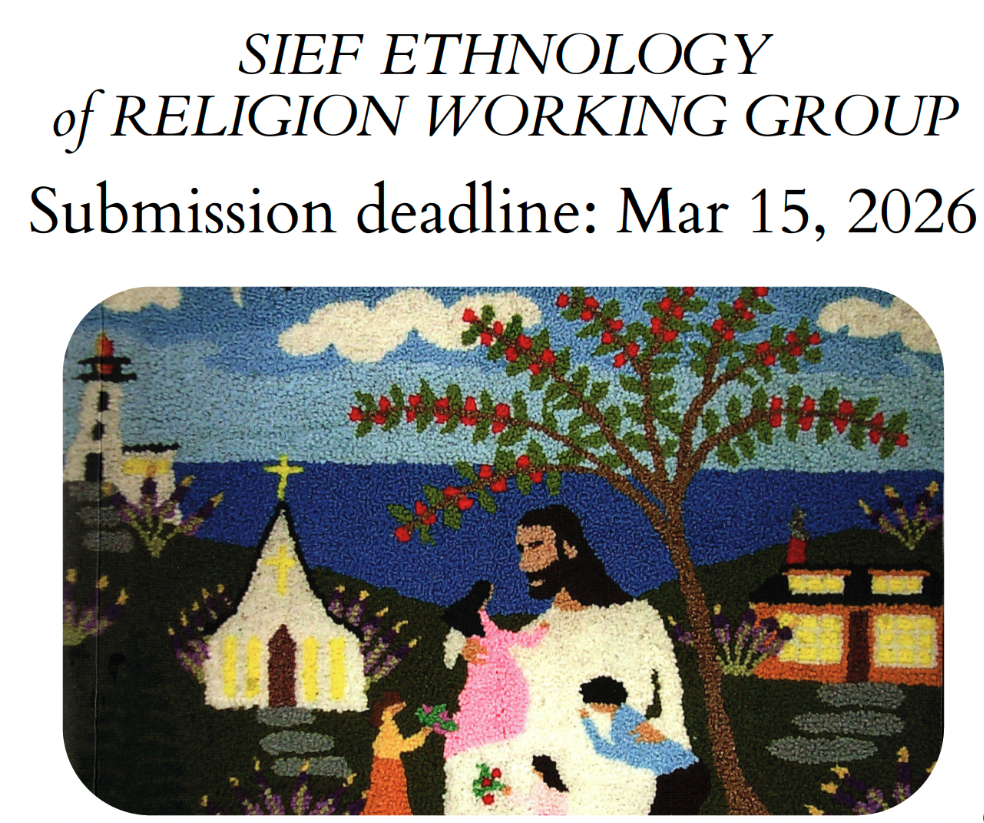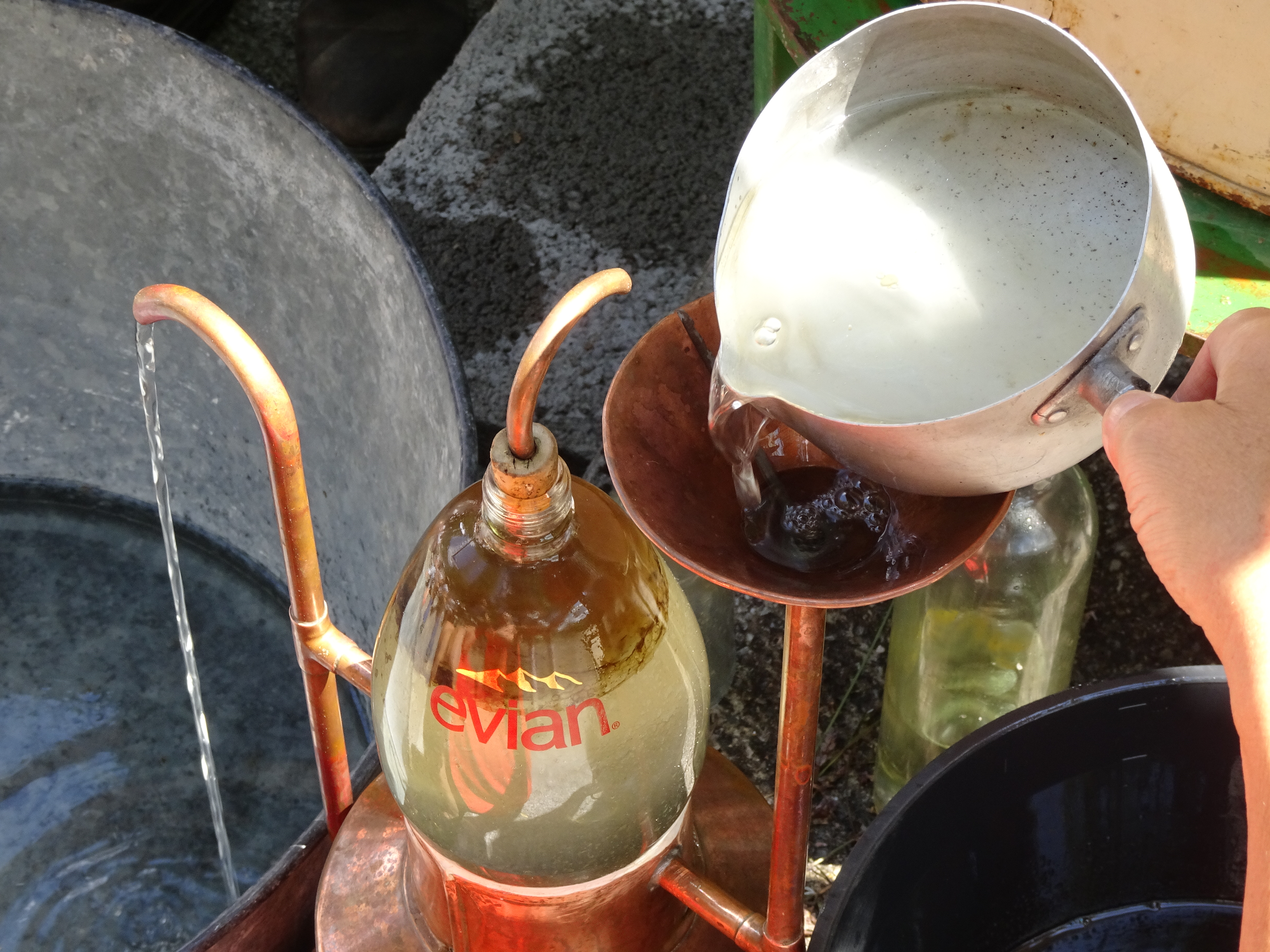SIEF is an international organization that facilitates and stimulates cooperation among scholars working within European Ethnology, Folklore Studies, Cultural Anthropology and adjoining fields. SIEF organizes large international congresses and smaller workshops. Read more about SIEF...
Seventeen thematical Working Groups are active within SIEF which organize their own congresses and workshops.
SIEF News
SIEF Summer School 2026 06/11/2025
The Living Things, Lasting Forms, Narratives Summer School reconceives heritage as an ongoing, co-creative process in which material forms, narrative genres and living practices—human and more-than-human—mutually sustain one another.
The local organizer of the SIEF Summer School 2026 will be the Hellenic Folklore Research Centre, Academy of Athens and the Museum of Modern Greek Culture. The Summer School will take place 4-11 October 2026.
SIEF2025: Aberdeen, Scotland: June 3–6 2025
Thank you for joining us at the 17th Biennial congress of SIEF2025 -
Unwriting
SIEF Working Groups News
EXTENDED DEADLINE: Transformations and Applications of Folkloristic and Ethnological Knowledge: Historical Perspectives on Public Practice

Photo by Dom Fou on Unsplash
The International Society for Ethnology and Folklore’s (SIEF) Historical Approaches in Cultural Analysis (HACA) and Cultural Heritage and Property (CHP) Working Groups, in cooperation with the IDEAS (Aix-Marseille University, CNRS) will present a symposium with participatory roundtable discussions between 27-29 May 2026, in Aix-en-Provence, France. Extended deadline: 16 March 2026.
Call for Papers: VERNACULAR RESPONSES TO RELIGIOUS CONFLICTS, CRISES, AND (RE)CONCILIATIONS

Photo: Book cover Vernacular Religion (Primiano, L.N.) 2022, NYU Press. Jesus and the Children, n.d., hooked rug by Sister Ann Ameen (Collection Leonard Primiano)
Organized by SIEF Ethnology of Religion Working Group and the ICS-ULisboa, the conference will be held in Lisbon, between 7-8 September 2026.
Online Reading Club
 Photo: Olena Bohovyk
Photo: Olena BohovykIn 2025, the WG for Museums and Material Culture launched a new Reading Club to encourage more regular meetings and discussions about recent research. The club will generally convene once a month, with meetings held online. For each meeting, we will read a selected article or similar material of interest, but you can also join without preparation, as the discussions usually move on to cover more general issues.View details >>
XXXVth Eurethno Workshop (Council of Europe)

Photo: L. S. Fournier
5th conference of the SIEF Francophone Working Group
16th conference of the SIEF Ritual Year Working Group
Campus Carlone, Nice, France, 24-27 October 2026 – Université Côte d’Azur – LAPCOS UPR 7278. Organized by the LAPCOS UPR 7278 research unit and the department of ethnology-anthropology of the Côte d’Azur University, together with the FER-Eurethno network (Council of Europe), the International Society for Ethnology and Folklore (SIEF) and the French Society for Ethnology (SEF). View details >>
SIEF JOURNALS
New issue of Ethnologia Europaea, Vol. 55, no. 1
 The current issue of Ethnologia Europaea, volume 55, no. 1, features three articles, an ethnographic snapshot
and two in memoriam appreciations. It is not a special issue, but readers will quickly identify the strong Nordic
content within these pages. Thematically, some readers might feel that hybridity is equally back in the centre ring
as a significant conceptual harmoniser.
The current issue of Ethnologia Europaea, volume 55, no. 1, features three articles, an ethnographic snapshot
and two in memoriam appreciations. It is not a special issue, but readers will quickly identify the strong Nordic
content within these pages. Thematically, some readers might feel that hybridity is equally back in the centre ring
as a significant conceptual harmoniser.
New Issue of Cultural Analysis, 23:1 (2025)
 Encountering Uncertainties in Ethnology and Folklore
Encountering Uncertainties in Ethnology and Folklore
Guest Editors: Hande Birkalan-Gedik, Katre Kikas, Konrad J. Kuhn
This special issue, Encountering Uncertainties in Ethnology and Folklore: Actors – Milieus – Strategies, presents papers dealing with uncertainties in fieldwork and archives.
New Issue of Cultural Analysis, 23:2 (2025)
 The Power of Examples
The Power of Examples
Guest Editors: Anne Eriksen, Kyrre Kverndokk
The special issue presents a collection of articles that bring the study of examples into the fields of cultural analysis, ethnology, and folklore studies. Concentrating on the three aspects performativity, epistemology, and narrative, as well as the relations between them, the texts explore the function, power, and rationality of examples and exemplarity. They demonstrate how examples are put to work in different cultural contexts, how their authority and cultural power are established, and how examples may be challenged, changed and renegotiated.





